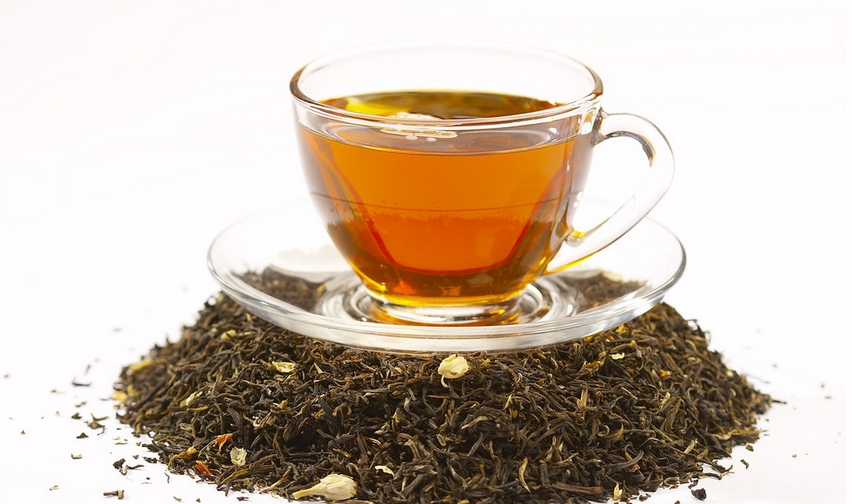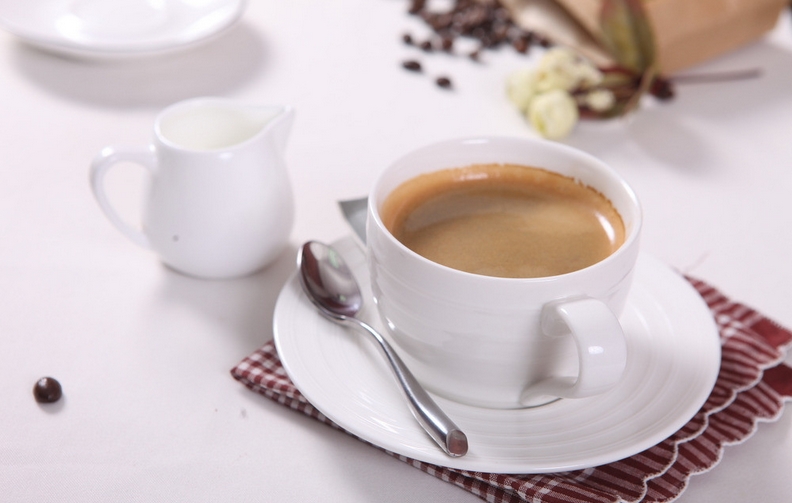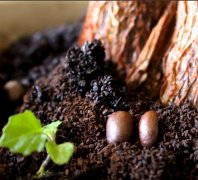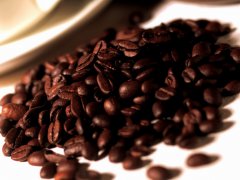The competition between new tea and coffee, do you prefer tea or coffee?
When we get up early in the morning, we may all have a habit of having a cup of tea or coffee to wake ourselves up and face this new day, so the question is, should we drink tea and coffee? So which is better for our health, tea or coffee? Next, the editor of Sanjiu Health Hall will take a look at it with you.
How about tea?
Some studies say tea may prevent type 1 diabetes, reduce the risk of heart attack, and prevent obesity, coronary heart disease and cancer.
In one experiment, people who drank four cups of black tea a day had lower levels of the stress hormone cortisol after six weeks.
However, it is best not to add milk to tea, which will counteract the cancer prevention function of tea.
In addition, it should be noted that there may be pesticide residues in tea; some contain a large amount of tannic acid, which is not conducive to blood absorption of iron, resulting in anemia.
With regard to the choice of tea, most people think that green tea is the most healthy, but people who really understand tea prefer white tea, which is made from the buds and leaves of tea trees. White tea has higher levels of antioxidants and should be more capable of preventing disease than green tea.

The antioxidants in white tea have anti-aging effects, helping to reduce inflammation and prevent several cancers and heart diseases.
In addition, white tea can also prevent obesity, and some studies have said that it can inhibit the growth of new fat cells.
Other studies have shown that too high the temperature of tea can lead to esophageal cancer, but other studies have said that women drinking green tea can reduce the incidence of esophageal cancer by 60%.
How about coffee?
Coffee can prevent type 2 diabetes, reduce the risk of gout in middle-aged men, inhibit the development of Alzheimer's disease, and prevent men from liver cirrhosis, liver cancer and other diseases.

Other studies have said that coffee can enhance the efficacy of painkillers and improve the short-term memory and reaction speed of the elderly.
Women who drink eight cups of coffee a day are much more likely to have stillbirths, according to a Danish study.
It is important to note, however, that pure coffee with a little milk or sugar is usually used in the above studies, which is different from the high-calorie coffee sold on the market.
Who wins?
Although some studies have pointed to the adverse effects of tea and coffee, Dr Duane Mailer, a nutritionist at the University of Nottingham in the UK, does not advise people to give up drinking them.
Tea and coffee are healthier than all kinds of soft drinks with high sugar content. But you should pay attention to sugary drinks that claim to be coffee. For example, after adding syrup to the latte, the sugar, fat and calories in the latte are greatly increased. This is no longer a cup of coffee.
In addition, it is incorrect to say in general that tea and coffee can lead to dehydration. If you don't drink tea and coffee, you will have adverse reactions if you drink a lot at once, but if you keep drinking at a normal amount, don't worry about it.
Conclusion:
From the above introduction, we know that drinking tea has many benefits, not only can prevent obesity, coronary heart disease, cancer, etc., but also reduce the risk of heart attack; and coffee has many benefits, coffee can prevent men from suffering from liver cirrhosis, liver cancer and other diseases, but also improve the short-term memory and reaction speed of the elderly, which we find very beneficial, we can choose according to their own preferences.
Important Notice :
前街咖啡 FrontStreet Coffee has moved to new addredd:
FrontStreet Coffee Address: 315,Donghua East Road,GuangZhou
Tel:020 38364473
- Prev

Coffee may be 500 times more antioxidant than vitamin c
The coffee industry plays a major role in the global economy and its impact on the environment is also critical, producing more than 2 billion tons of coffee by-products worldwide each year; when coffee beans are roasted and dried, the coffee husk (i.e., the skin of the coffee beans) is usually removed during processing, and the coffee grounds are discarded directly. Conventional wisdom holds that these byproducts: coffee grounds and coffee grains
- Next

Where does the bitterness and acid of coffee come from?
To solve this mystery, Thomas Hofmann, a scientist at the Technical University of Munich in Germany, decided to investigate the bitter taste of coffee. He filtered the brewed coffee and found that some of the smallest molecules tasted the most bitter. So he ran a series of experiments using mass spectrometry, and identified one of them as chlorogenic acid lactone.
Related
- Detailed explanation of Jadeite planting Land in Panamanian Jadeite Manor introduction to the grading system of Jadeite competitive bidding, Red bid, Green bid and Rose Summer
- Story of Coffee planting in Brenka region of Costa Rica Stonehenge Manor anaerobic heavy honey treatment of flavor mouth
- What's on the barrel of Blue Mountain Coffee beans?
- Can American coffee also pull flowers? How to use hot American style to pull out a good-looking pattern?
- Can you make a cold extract with coffee beans? What is the right proportion for cold-extracted coffee formula?
- Indonesian PWN Gold Mandrine Coffee Origin Features Flavor How to Chong? Mandolin coffee is American.
- A brief introduction to the flavor characteristics of Brazilian yellow bourbon coffee beans
- What is the effect of different water quality on the flavor of cold-extracted coffee? What kind of water is best for brewing coffee?
- Why do you think of Rose Summer whenever you mention Panamanian coffee?
- Introduction to the characteristics of authentic blue mountain coffee bean producing areas? What is the CIB Coffee Authority in Jamaica?

